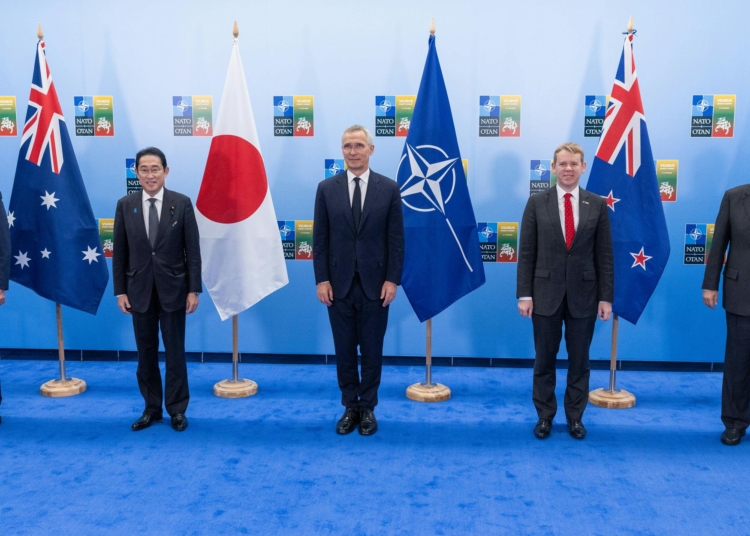NATO’s Outreach Initiatives: Partnering with Non-Members for Stability and Cooperation
NATO, the North Atlantic Treaty Organization, is known for its global presence in ensuring the collective defense of its member countries. However, the organization also places a strong emphasis on building partnerships with non-member countries to promote stability and cooperation in regions outside of its traditional sphere of influence. Through various outreach initiatives, NATO engages with non-member countries to address security threats, build capacity and resilience, and enhance regional security efforts. These partnerships, such as the Partnership for Peace program, play a crucial role in promoting peace and stability in areas facing conflicts and security challenges. NATO’s commitment to expanding partnerships with non-member countries will continue to strengthen global security and cooperation.
NATO’s Outreach Initiatives: Partnering with Non-Members for Stability and Cooperation
NATO, the North Atlantic Treaty Organization, is a military alliance comprised of 30 member countries that have pledged to support each other in times of need. While the core mission of NATO is to ensure the collective defense of its members, the organization also places a strong emphasis on building partnerships with non-member countries to promote stability and cooperation in regions outside of its traditional sphere of influence.
The Importance of Outreach Initiatives
Over the years, NATO has recognized the growing interconnectedness of global security challenges and the need for a collaborative approach to address them. As a result, the organization has actively engaged with non-member countries through various outreach initiatives aimed at promoting security, stability, and cooperation in different regions.
One of the key reasons for NATO’s outreach initiatives is to address security threats that are not confined to the borders of its member countries. By partnering with non-member countries, NATO can better respond to emerging security challenges and ensure a more comprehensive and effective approach to addressing them.
Partnership Opportunities
NATO offers several partnership opportunities for non-member countries to engage with the organization and benefit from its expertise and resources. These partnerships are based on mutual interests and objectives, and they provide a platform for cooperation in areas such as defense and security, crisis management, and capacity building.
One of the most significant partnership programs offered by NATO is the Partnership for Peace (PfP) program, which allows non-member countries to engage in military cooperation and joint exercises with NATO forces. This program has been highly successful in promoting regional stability and building trust between NATO and its partners.
Building Capacity and Resilience
Through its outreach initiatives, NATO also focuses on building the capacity and resilience of non-member countries to address security challenges effectively. This includes providing training and assistance in areas such as counter-terrorism, cyber defense, and border security, as well as supporting reforms in defense and security institutions.
By enhancing the capabilities of its partners, NATO not only strengthens their ability to contribute to international security but also fosters greater cooperation and coordination between member and non-member countries in addressing shared security challenges.
Enhancing Regional Security
Another key objective of NATO’s outreach initiatives is to enhance regional security and promote stability in areas facing security threats and conflicts. By partnering with non-member countries in these regions, NATO can play a vital role in preventing and resolving conflicts, promoting peace-building efforts, and supporting democratic reforms.
For example, NATO has been actively engaged in the Western Balkans, working closely with countries such as Bosnia and Herzegovina, North Macedonia, and Montenegro to promote stability and security in the region. Through its partnership programs, NATO has helped these countries strengthen their defense capabilities, improve their security institutions, and contribute to regional security efforts.
Conclusion
NATO’s outreach initiatives play a crucial role in promoting stability and cooperation in regions outside of its traditional sphere of influence. By partnering with non-member countries, NATO can address security challenges effectively, build the capacity and resilience of its partners, and enhance regional security efforts. Moving forward, NATO will continue to expand its partnerships with non-member countries to address emerging security threats and promote global security and stability.













